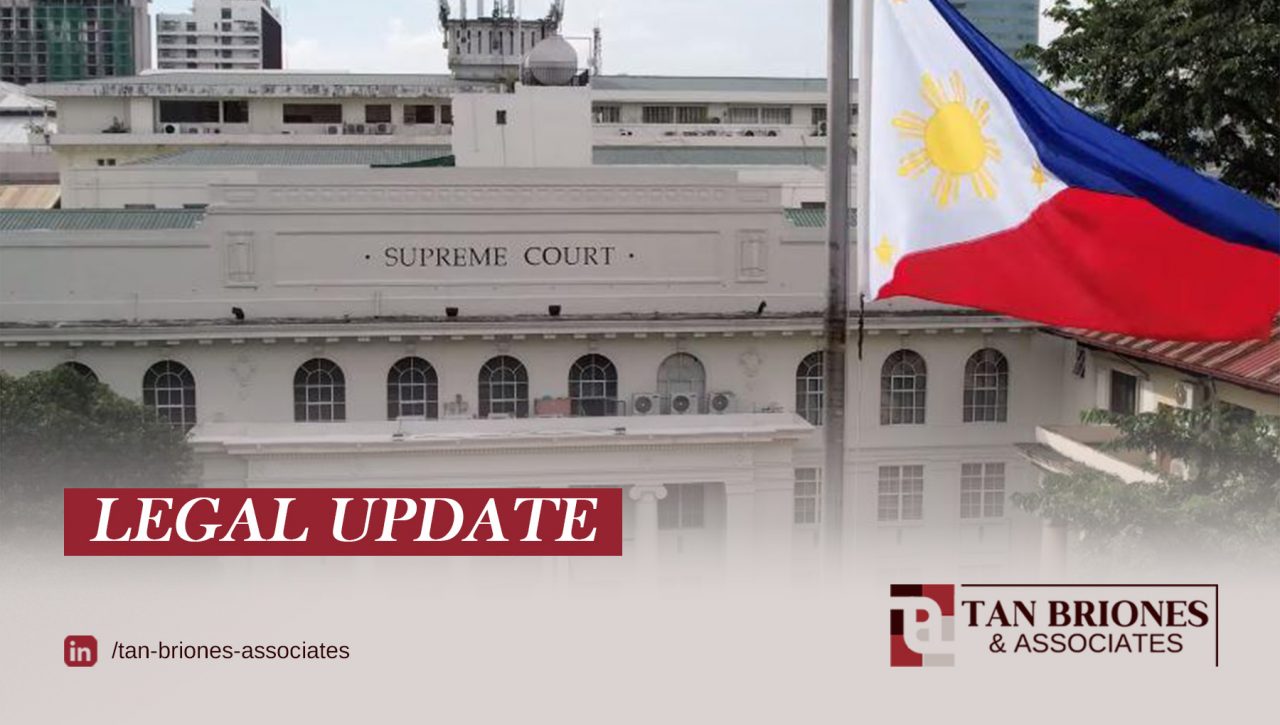
The Supreme Court (SC) has issued amended guidelines clarifying the proper use of the terms “qualified rape” and “statutory rape” in cases involving child victims, expanding the scope of aggravating circumstances and raising the minimum damages that may be awarded.
In a resolution promulgated on April 22, 2025, the Court ruled that the crime shall be designated as “qualified rape of a minor”—and not “qualified statutory rape”—if any of the 10 special qualifying aggravating circumstances under Article 266-B of the Revised Penal Code (RPC) is present and the victim is below the statutory age or is suffering from mental retardation comparable to that age.
“Qualified statutory rape is not the proper legal term,” the Court stressed, resolving inconsistencies in prior rulings.
Previously, the Court’s guidelines on qualified rape of a minor had covered only three circumstances—minority and relationship, the victim’s age being below seven, and knowledge of the victim’s mental disability.
The updated guidelines now extend to all 10 aggravating circumstances listed in Article 266-B, including abuse of authority, moral ascendancy, and the victim’s vulnerability.
Moreover, the Court clarified the following distinctions:
- “Statutory rape” applies when the victim is below the statutory age—under 16, as amended by RA 11648—or suffers from mental retardation, without any qualifying circumstance.
- “Qualified rape” applies when at least one aggravating circumstance is present, even if the victim is not below the statutory age.
- “Qualified rape of a minor” applies when the victim is below the statutory age or “is suffering from mental retardation comparable to the intellectual capacity of a child below the statutory age,” and at least one aggravating circumstance is also present.
The SC also updated damages awards: PHP 150,000 each for civil indemnity, moral damages, and exemplary damages in cases of qualified rape of a minor; PHP 100,000 each for qualified rape; and PHP 75,000 each for statutory rape. These amounts may be increased if cruelty or depravity is shown in the commission of the crime.
The clarification stemmed from People v. ABC260708, where the SC denied the appeal of a man convicted of raping his eight-year-old daughter and, in affirming his guilt, issued amended guidelines to resolve inconsistencies in earlier jurisprudence.
The SC emphasized that the guidelines apply only to rape through carnal knowledge and not to rape through sexual assault.
The full amended guidelines can be accessed here: https://sc.judiciary.gov.ph/sc-clarifies-proper-legal-terms-in-child-rape-cases-updates-damages-awards/
Follow Tan Briones & Associates on LinkedIn for more legal updates and law-related articles.







